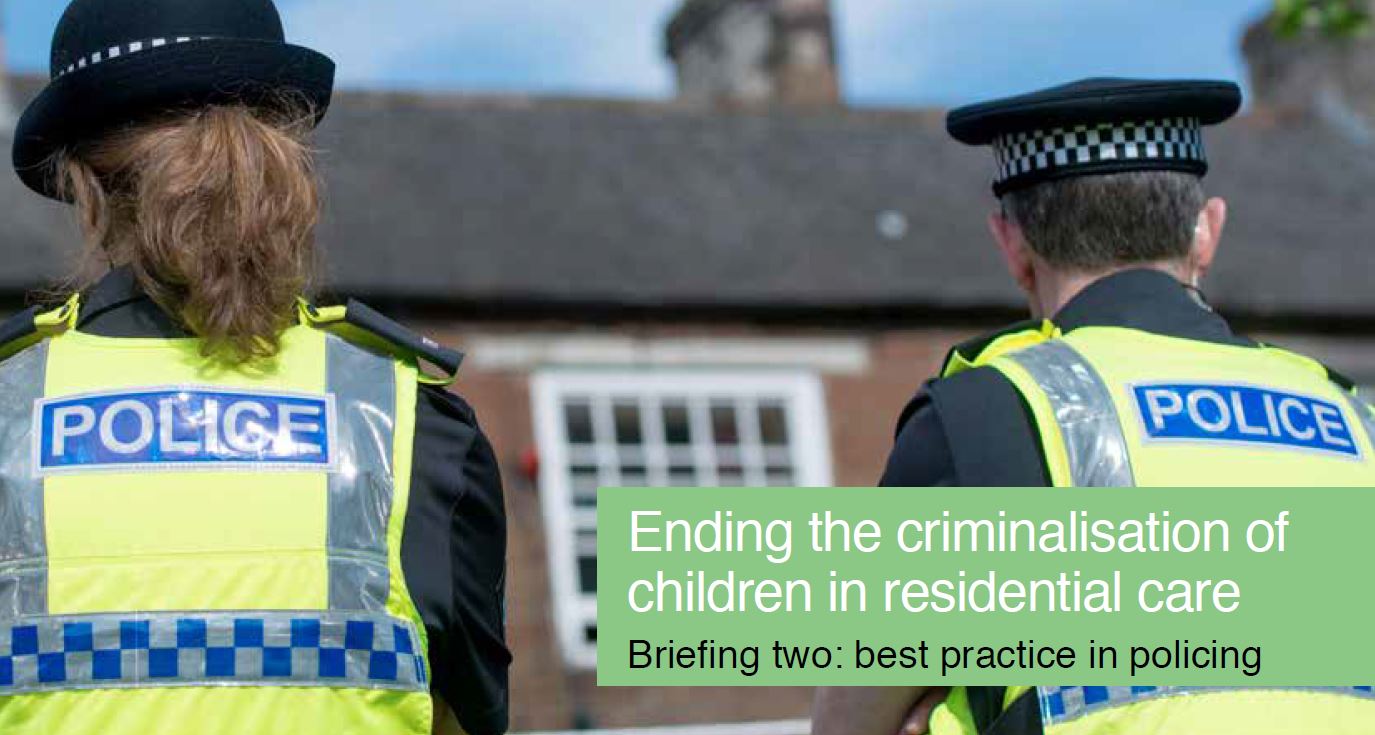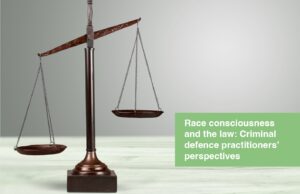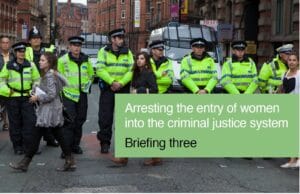Inappropriate police call outs
Police forces are receiving high levels of call-outs from some children’s homes, a significant proportion of which they regard as inappropriate.
That’s the headline finding of new research published by the Howard League for Penal Reform last month (18 December 2017) in the second of a series of reports under the leadership of Environment (and previous Justice) Secretary, Michael Gove, himself in care as a child.
The new report finds that police take their safeguarding duties extremely seriously, but forces are also spending considerable time and resources dealing with minor issues in children’s homes that should not be brought to their attention.
Key findings
The report focuses on three key themes:
- High levels of demand from some children’s homes
- Inappropriate call-outs
- Missing incidents
High levels of demand
Policing children’s homes is expensive. It is not possible to quantify the costs nationally, but one police force told the Howard League that it would be cheaper to place an officer on the door of one of the most demanding children’s homes in their area on a full-time basis rather than responding individually to each call from that home.
Call-outs
One force told the Howard League that it had been called because a child had squirted a member of staff with water. Another force was called by a home about a boy who had pulled down a curtain.
One police officer told the charity that he felt on occasion that homes called the police to help them ‘tuck up’ teenagers who refused to go to bed. More than one officer said that they sometimes felt that the police were being used as a ‘taxi service’ to pick children up and take them back to homes.
Missing incidents
Many of the calls the police are receiving from children’s homes relate to missing incidents rather than alleged crimes. Forces took their safeguarding duties extremely seriously and wanted to improve responses to missing incidents for children who were at risk of harm. There was criticism, however, for call-outs where the safe location of the child was known to staff at children’s homes. The head of the missing persons unit in one force summarised some of the issues: the police are frequently called very early to homes in circumstances which resolve themselves; they are often asked to pick children up from known locations; they have been called out for children who are known to be on the bus on the way home but are running a bit late; some children are allowed out some days but not others which frustrates them and the police find they are getting called out on the days the children are supposed to stay in. Often police are used as a “taxi services” because there aren’t enough care home staff on duty for one of them to go out and pick up an absent child.
The scale of the problem can be seen from this graph from the first report in this Howard League campaign.

Recommendations
The report considers the steps being taken by individual police forces to address the issue of criminalisation of children in residential care and includes examples (Dorset) of police services reducing call-outs from children’s homes by as much as 49%. Close co-operation between police and children’s services is often key and the Howard League identifies six broad themes to good police practice in tackling this issue:
1: Creating a child-focused force
Police attitudes and behaviour towards children living in children’s homes can either exacerbate or alleviate the problem. Forces that take a child-focused approach can address systemic failings in the care system and provide an appropriate response to vulnerable children, which can do much to prevent their unnecessary criminalisation.
2: Data management
Data collection and management is fundamental. Effective recording and monitoring of relevant data enables forces to know the nature and extent of the problem so that they can put appropriate measures in place to address it; it also allows them to evaluate and demonstrate the effectiveness of those measures.
3: Working with children’s homes: monitoring, support and guidance
All the police services successfully addressing this issues spoke about how close working with homes was helping them address inappropriate call-outs and reduce levels of police contact. Many had assigned named officers, or ‘single points of contact’ (SPOCs), to individual homes. Relationships with homes had opened up opportunities for the police to highlight problems, provide training, advise on behaviour management and recommend protocols and systems around the use of the police.
4) Multi-agency co-operation: providing joined-up support for children
Children who are criminalised whilst living in children’s homes will have a range of agencies involved in their lives and these need to work together to tackle problems and provide joined-up support. Where there are close working relationships between children’s services and police, the criminalisation of children in care had been greatly reduced.
5: Regulating children’s homes: working with Ofsted and others
Many of the police forces interviewed for the report expressed frustration at the lack of powers available to them to control poorly run children’s homes. One officer compared the situation to the powers available to the police dealing with problems at licensed premises; if there were issues with licensed premises, they would work to educate and support the licensee, but ultimately if needs be they would enforce, and even shut down the premises. Two forces said they had worked with local authorities to limit the numbers of children allowed in homes which they had concerns about; this obviously had financial implications for the homes, which, both forces told us, generally acted as an incentive for rapid improvements.
6: Diversion and de-escalation: avoiding formal criminalisation
Child-focused police practice should, wherever possible, try to divert children in residential care from formal criminal justice processes. The Howard League found a range of diversionary and de-escalation measures being used by forces. Many of these took an impressively child-focused approach to tackling root causes of problem behaviour and to working with other agencies to put support in place for children.







